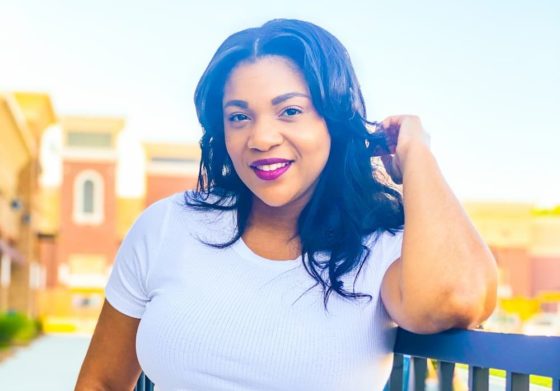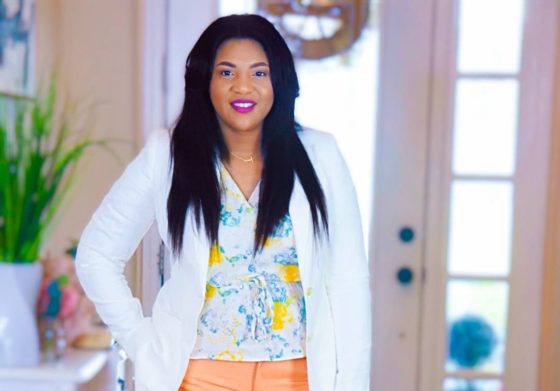The age 21 is a great milestone for all of us. Most are still in college, or living with parents trying to figure out what you want to do with your life. But at the age of 21, I was in my second year of college and pregnant with my first child. It wasn’t what I had planned, but I was respectfully managing the cards I was dealt.
I found myself tired all of the time, but figured that it was common with pregnancy. My hemoglobin level was really low, but the doctors attributed that to pregnancy as well. I was sent to a hematologist, diagnosed with microcentric anemia, and started taking iron supplements three times a day. Along with the fatigue, I was also experiencing stomach pains.
During my 4-month ultrasound, when you typically learn the sex of your baby, the technician was hovering over a particular spot for a long period of time. She said that she saw a mass, probably nothing to be concerned about, and soon after, I was sent for more testing. I was then diagnosed with a fibroid tumor, which is not unusual for young women and runs in my family.
No one can be prepared for a doctor telling them they have cancer.
My pregnancy continued quite normally, despite the debilitating fatigue, and on January 21, 2007, I gave birth to a healthy baby boy. I was prescribed birth control afterwards to shrink the fibroid tumor. A few months passed, and instead of shrinking, the tumor grew to the size of a ping pong ball. A biopsy taken during the surgery showed that the tumor was cancerous. A rare cancer called peritoneal mesothelioma, one that I had never heard of. This day vividly lives in my head. I was in the recovery room and the doctor came in and stood at the foot of the bed. These were his words, “Ms. Cox your surgery went well, but you have cancer, mesothelioma to be exact.” After that I can’t recall what else was said, I looked at the faces of my family while trying to comprehend what was going on. No one can be prepared for a doctor telling them they have cancer.
During that time there wasn’t much information on mesothelioma, and the information we found was all bleak and stated a poor prognosis. My case was as rare as you can get, so I figured the oncologist I was referred to would know more about the cancer than I did. Well, I was wrong about that. The oncologist who I first saw was not an expert in peritoneal mesothelioma, and admitted to not knowing much. My appointments were simple as they come with just regular scheduled blood work and monitoring. This approach didn’t sit right with me, so with the help of my mother who worked at another hospital, I got in to see a specialist. That second opinion saved my life!
I knew this was the doctor I had been waiting and praying for. He was very confident and knowledgeable, and shared facts my family and I didn’t know about peritoneal mesothelioma. This experience was night and day from the first oncologist I had seen. What followed was surgery to remove the tumor and part of the stomach lining, heated chemotherapy and radiation treatment. When this treatment option was presented to me I didn’t think twice about it. I was ready to get it over and done with so I could be cancer free! My recovery was long, and given the severity of the treatment my kidneys were slightly affected, my creatine levels have been moderately elevated but are stable. This experience has taught me a lot about my body and not to be fearful when it comes to gaining knowledge about your health and plan of care.
Here’s some things that I think every patient should know:
- We must be our own advocates or no one else will. I encourage others to write down questions and concerns. At every appointment, go down the list with your doctor. Don’t be afraid to ask questions. If you don’t understand anything, let your doctor know.
- Get a second opinion. Sometimes, as women, we feel we’re going to make the doctor feel bad if we get a second opinion, but don’t let that stop you from getting one.
- Do your research. Research what you can about your disease. This will allow you to be more informed about the different options you may have.
Over a decade later, I am now cancer free and committed to sharing my journey while spreading hope and inspiration, serving as a contributing writer and patient advocate with The Mesothelioma Center. I do believe that everything happens for a reason, and I am grateful that I can give someone hope and encourage them along the way as they face their journey with cancer.
Symptoms
- extreme fatigue
- anemia
- stomach pain
Want to Share a Story?
If you or a loved one has a cancer story that you would like to share, please contact us.





